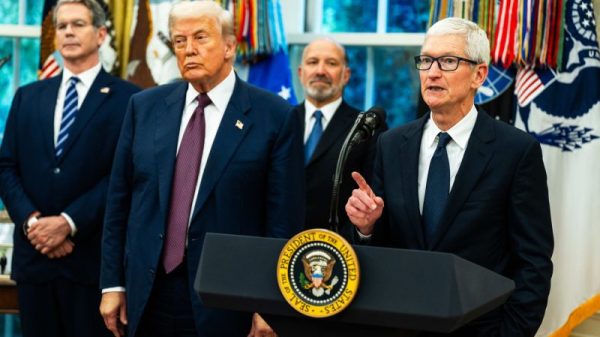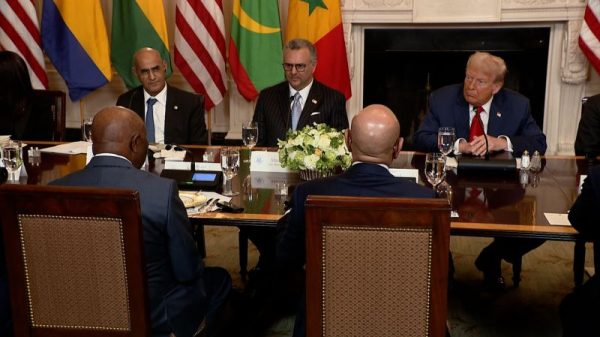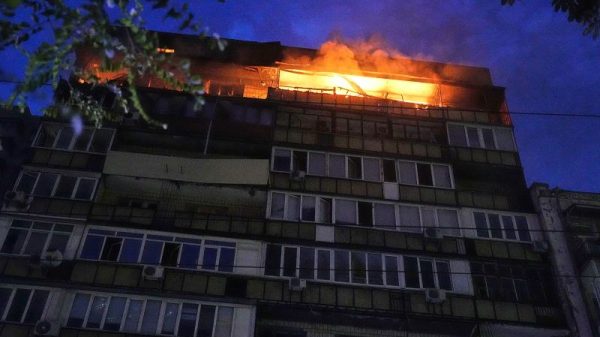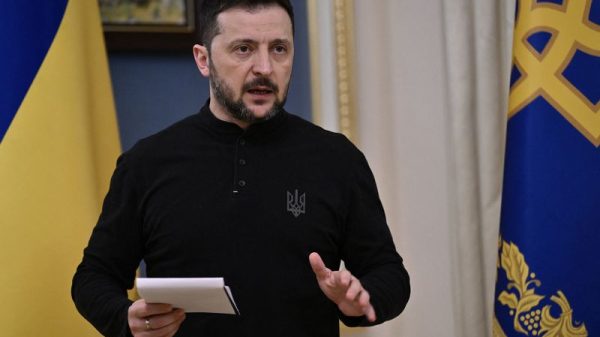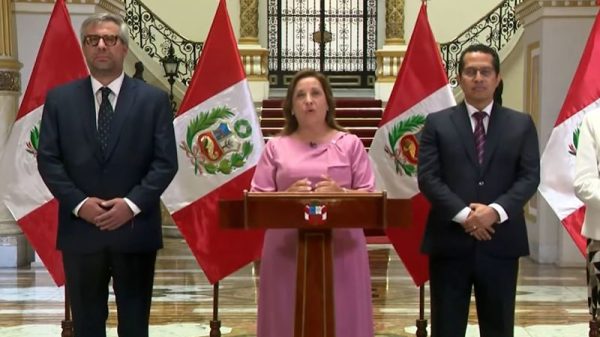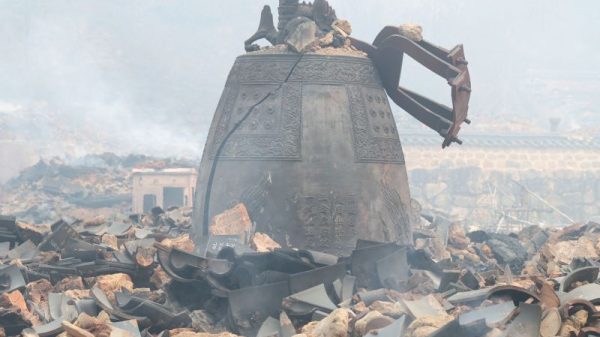In the year 2000, over 5,000 barrels of crude oil spilled from a barge into the Marañón River, which runs 900 miles (1,450 kilometers) across Peru, from the snow-capped mountains of the Andes into the mighty Amazon River. A black glaze seeped across its surface, silently causing an ecological disaster – contaminating the river, a key water source for local communities, and killing some of its fauna.
The incident was not the first – nor the last – of the oil spills that have plagued the Marañón River and the people living along its banks. The watercourse, which is a lifeblood of Peru’s tropical rainforests and is home to endangered species like pink dolphins and giant otters, also carves its way through Peru’s oil and gas heartlands.
The Northern Peruvian Oil Pipeline (ONP) runs alongside it. According to the Peruvian agency for investment in energy and mining, Osinergmin, between 1997 and 2022, there were more than 80 oil spills along the pipeline.
While the spill in 2000 was by no means unique, it did spur one woman into action. Mari Luz Canaquiri Murayari, of the indigenous Kukama community, who grew up on the banks of the Marañón, set up Asociación de Mujeres Huaynakana Kamatahuara Kana (“Hard-working Women’s Association” or “HKK”). The organization, spearheaded by women, has spent the last two decades and more fighting for the river’s protection.
In March last year, their hard work paid off, as Peru’s federal court ruled that the river had legal personhood, granting it the inherent right to remain free flowing and free of environmental contamination. Today, Canaquiri Murayari, now 56 years old, was awarded the Goldman Environmental Prize for her work – an annual award given to six grassroots environmental leaders, each working in a different continent.
River spirits
For the Kukama people the Marañón River is sacred, and they believe the spirits of their ancestors reside on the river floor. Canaquiri Murayari says when the oil spills started, the spirit of her dead uncle came to her grandmother one night and warned of the harm the “black gold” would bring.
It started to affect the livelihoods of the Kukama, who depend on the river for transport, agriculture, water and fishing. They have no other water source, says Canaquiri Murayari, and so out of necessity, the community kept eating fish and drinking from the contaminated river.
Members of the community started getting sick too, she says. Studies have shown that communities living near drilling or oil spill sites had high levels of lead in their bloodstream, while higher mercury, arsenic and cadmium levels were detected in the urine of people consuming fish from the river or whose vegetable gardens were close to oil spill sites.
Canaquiri Murayari’s association was motivated to act. It sent letters to authorities, organized marches in the provincial capital Iquitos, and blocked traffic on the river. But to no avail: “The strikes, the mobilizations, the statements, the meetings, the roundtable discussion: none of them have worked … They don’t listen to us,” laments Canaquiri Murayari.
Instead, she started to seek out other methods and in 2014 connected with the Legal Defense Institute (IDL), a Peruvian NGO. Together, they began exploring legal strategies for protecting the Marañón River and became inspired by the burgeoning global rights of nature movement, whereby rivers such as Colombia’s Atrato River, New Zealand’s Whanganui River and Canada’s Magpie River, were granted legal personhood.
In 2021, the HKK, with support from IDL and Earth Law Center, filed a lawsuit seeking recognition of the legal personhood of the Marañón River to protect it from oil spills and other forms of destruction, such as dredging and hydropower projects.
After more than two years of litigation, in March 2024, the federal court ruled in favor of the Kukama, and for the first time in the country’s history, a river was granted legal personhood, giving it the right to exist, to flow free from pollution, and to exercise its essential functions within the ecosystem, among others.
Nature’s rights
He added that the Kukama women are “the protagonists of the legal case” and that their defense of the river has been so strong because “the river is the backbone of their culture.”
However, Canaquiri Murayari says the lawsuit was just the “first step.” The ruling does not immediately prevent oil extraction along the river, but it gives the Kukama the opportunity to challenge ongoing or future activities that infringe on the river’s rights. Together with Earth Law Center and others, she will now work to ensure the government implements the ruling.
This can sometimes be the hardest part. The Atrato River in Colombia, which was granted similar rights in 2016, continues to suffer from pollution from mining activities, with accounts of some of the river’s guardians being too afraid to report an incident, while others cite a “lack of political will.”
But Canaquiri Murayari is confident that with their newfound legal power, they will be able to hold the government and oil companies to account. She also believes it will help to galvanize other indigenous people from around the world to assert their rights.
“This is a door that opens many possibilities for other communities and other rivers and other indigenous leaders,” she says.
As a mother of four, and a grandmother to six, she added: “The work that I’m doing is not only for my community, it’s for the world. Because we need to do something, we need to fight together to leave the world for the next generation.”










